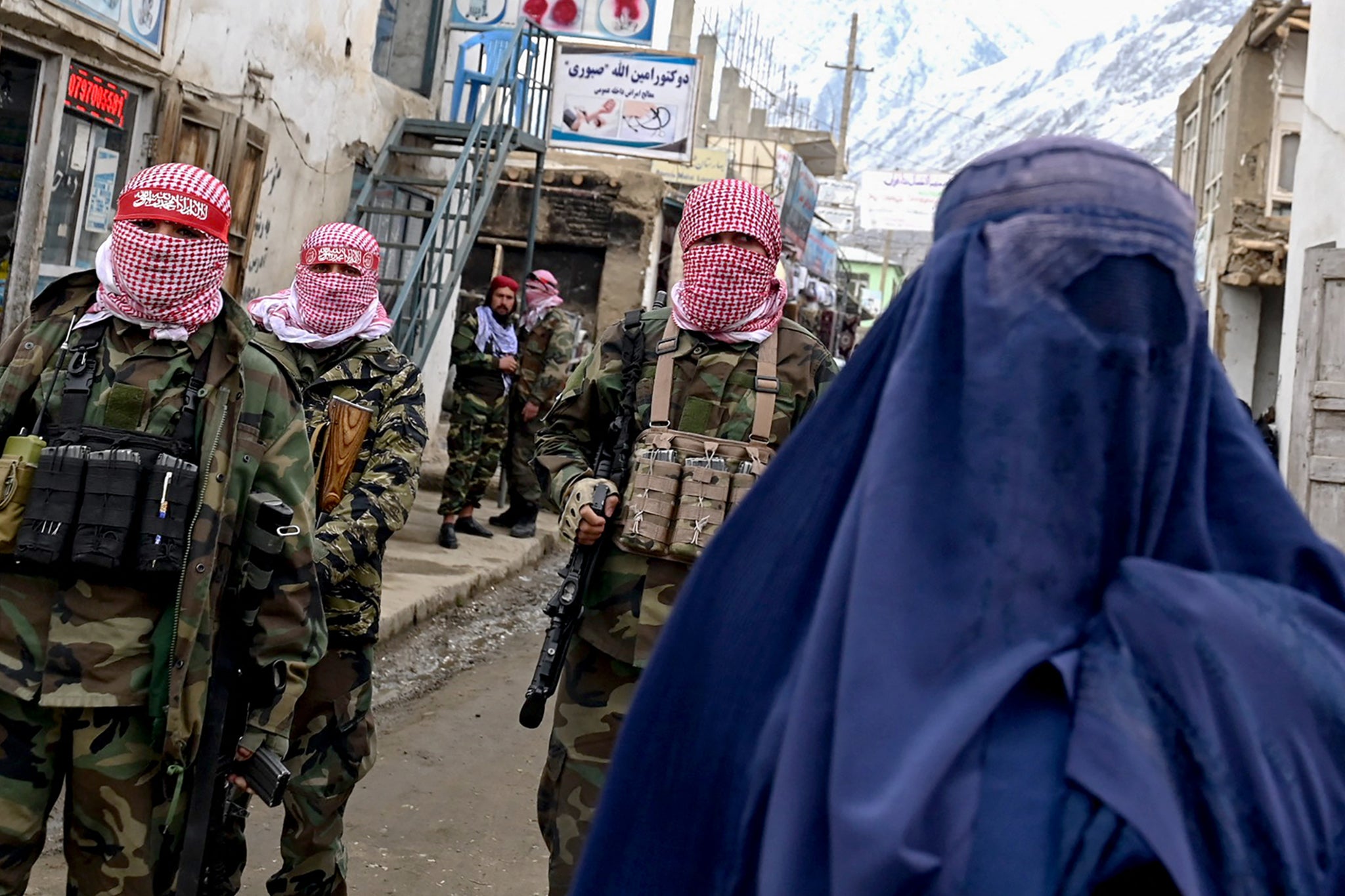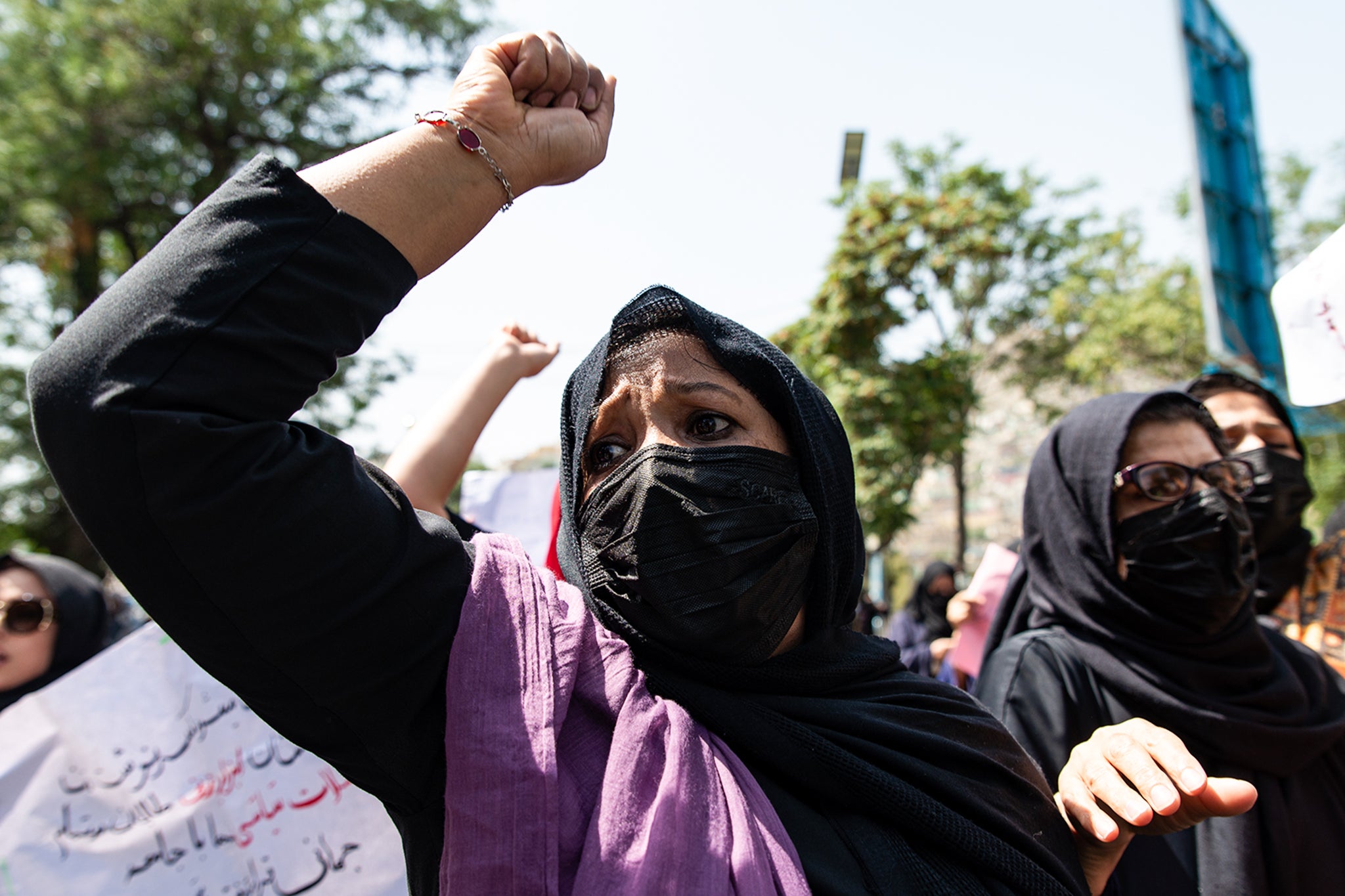The Taliban issued a message on International Women’s Day, saying Afghan women live in security with their rights protected, even as the UN condemned ongoing employment and education bans.
Since the Taliban took control of Afghanistan in 2021, they have banned education for women and girls beyond sixth grade, most employment, and barred them from many public spaces. Last August, the Vice and Virtue Ministry published laws that ban women’s voices and bare faces outside the home.
The Taliban’s chief spokesman, Zabihullah Mujahid, released a statement on his official X account, without specifically mentioning International Women’s Day, which is celebrated on 8 March.
He said the dignity, honour, and legal rights of women were a priority for the Islamic emirate, the term used by the Taliban to describe their government.

Afghan women lived in security, both physically and psychologically, he added.
“In accordance with Islamic law and the culture and traditions of Afghan society, the fundamental rights of Afghan women have been secured. However, it should not be forgotten that the rights of Afghan women are being discussed within an Islamic and Afghan society, which has clear differences from Western societies and their culture,” he said.
Also on Saturday, the UN renewed its call for the Taliban to lift the bans.
“The erasure of women and girls from public life cannot be ignored,” said Roza Otunbayeva, the head of the UN mission in Afghanistan. “We remain committed to investing in their resilience and leadership, as they are key to Afghanistan’s future.”
Alison Davidian, special representative for UN Women Afghanistan, said the world could not accept a future for Afghan women that would never be tolerated elsewhere.

“Our response to their erasure is a test of our commitment to women and girls everywhere,” said Ms Davidian. “We must stand with Afghan women as if our own lives depend on it – because they do.”
The Taliban remain isolated from the West – and without international recognition as the country’s official government – because of their restrictions on women and girls.
On Friday in Paris, Unesco hosted a high-level conference on women and girls in Afghanistan. Participants included Hamida Aman, the founder of the women-only station Radio Begum, Fawzia Koofi, a parliamentarian from the former Western-backed government, and rights experts including Richard Bennett, who is barred from entering Afghanistan.
In an apparent dig at the event, the spokesperson for the Vice and Virtue Ministry, Saif ul-Islam Khyber, said recent international conferences held under the name of women’s rights exposed the hypocrisy of certain organisations and European Union foundations.
Why thousands freed from forced labour face indefinite detention on Myanmar border
China announces tit-for-tat tariffs on Canadian food imports
UN special rapporteur calls on UK to open up to more ‘persecuted’ Afghan refugees
Afghan women make do with AI friends ‘to give yourself fake hope’ under Taliban rule
Malala returns to home in Pakistan for first time since she was shot
UN slashes food rations for Rohingya refugees to just $6 a month







